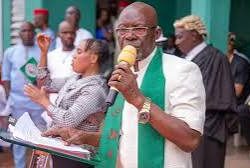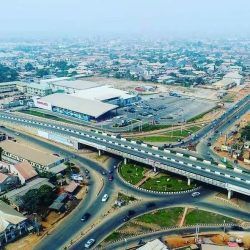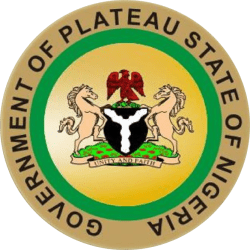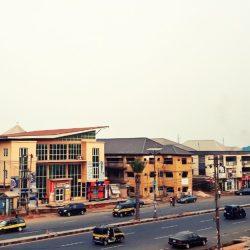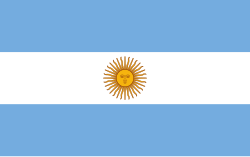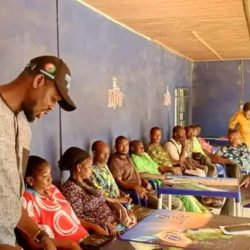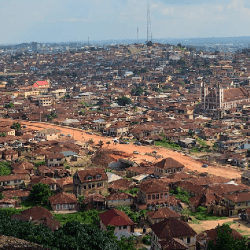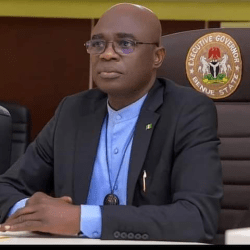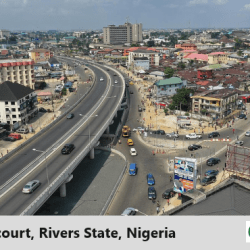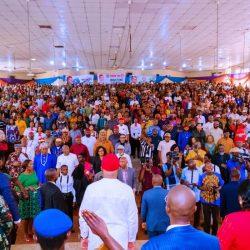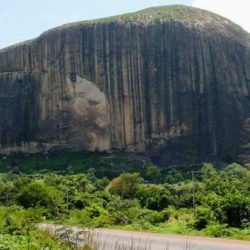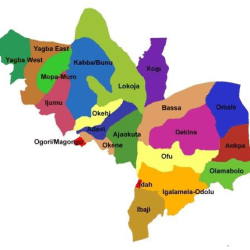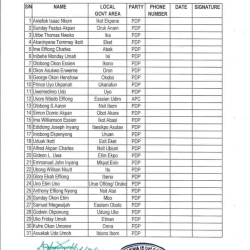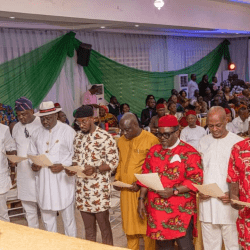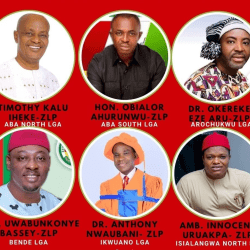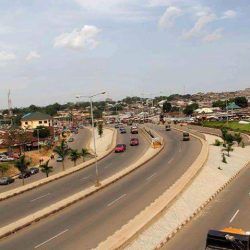Below is a list of the state party chairmen of the coalition party, African Democratic Congress (ADC):
- Hanatu Garaba — Plateau
- Musa S. Shuaib —Nasarawa
- Adekolu O. Moses — Ekiti
- Patrick Obianyo — Anambra
- Hon. Haruna Hassan —Bauchi
- Otunba Pat. Olufemi — Ogun
- Celestine Orbunde—Benue
- Mohammed Bolori — Borno
- Comrade John Ogar —Cross River
- Austine Okotie — Delta
- Jennifer Adibie N — Ebonyi
- Kennedy Odion — Edo
- Iyke Nwoka — Abia
- Stella Chukwula— Enugu
- Mallam Danladi Yau — Gombe
- Duke Gabriel Dick — Akwa Ibom
- Alh. Sanni Mohammed — Jigawa
- Ahmed Tijani M — Kaduna
- Ungogo Musa — Kano
- Alh. Usman Musa — Katsina
- Hajia Hawa Mohammed — Kebbi
- Auta Mohammed — Niger
- Yohanna Shehu K — Adamawa
- Chief Emmanuel Amushe — Imo
- Charles Idowu — Osun
- Alh. Yinka Adona — Oyo
- Yusuf Tijani — FCT
- Ode Lawrence E— Rivers
- Hon. Umar Farouk — Sokoto
- Adamu Hassan — Taraba
- Alh. Kalli Umar — Yobe
- Alh. Kabiru Garba — Zamfara
What Is the ADC?
The African Democratic Congress (ADC) is a political party in Nigeria.
As of 2022, Ralph Nwosu (the founder) was the National Chairman.
In 2025, David Mark was made the National Chairman.
There are 2 ADC lawmakers in the Nigerian National Assembly.
Founded in 2005, originally as the Alliance for Democratic Change, it was renamed before its official registration.
Founding and Leadership: Established by Ralph Okey Nwosu, who became its pioneer National Chairman . In 2025, former Senate President David Mark joined and is now Interim National Chairman .
Mission & Ideology
The ADC positions itself as a big tent, grassroots party aiming for radical transparency, inclusion, accountability, and equitable leadership. It champions women, youth, the diaspora, and persons with disabilities .
It’s heavily focused on structural reforms, democratic consolidation, civic education (e.g., a Digital Political Academy), and annual inclusivity initiatives like its “National Handshake” .
Electoral Footprint
National Assembly Presence: 2 lawmakers in the House of Representatives; no senators as of 2022 .
Presidential Primaries:
2007: Patrick Utomi placed 4th (~50,849 votes)
2011: Rev. Peter U. Nwangwu finished 8th (~51k votes)
2015: Mani Ibrahim Ahmad placed 7th (0.1%, ~29k votes)
2019: Obadiah Mailafia placed 4th (~97k votes) .
2023: Dumebi Kachikwu emerged via indirect primary but faced internal controversies .
Recent Developments – 2025 Realignments
Opposition Coalition: In mid‑2025, ADC became the launching base for a coalition joining Peter Obi (Labour Party), Atiku Abubakar (PDP), and other leaders, aiming to prevent one-party dominance by the APC ahead of 2027 .
Reported defections include Notre names with prominence, but the party has officially denied endorsing any single individual. Interim Head David Mark emphasized ADC’s neutrality: “no chosen or preferred candidate” .
What’s on the Horizon — 2027 Elections
The coalition-building has generated both optimism and debate:
Analysts say the ADC could emerge as Nigeria’s main opposition if it sticks together .
Strategists like Kenneth Okonkwo suggest only a northern presidential candidate will effectively challenge the southern-origin incumbent (Tinubu) .
Atiku’s team has downplayed internal tensions, stating ADC delegates will decide candidacy democratically .
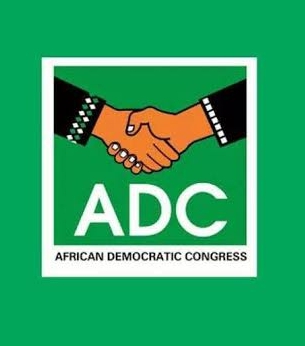
Founding & Leaders 2005 by Nwosu; David Mark now interim chair
Ideology & Focus Big-tent, grassroots, democratic reform
Electoral Impact Minor federal presence, stronger local roots
Strategic Moves 2025 coalition with Obi & Atiku, positioning for 2027
🔎 Key Takeaways
- ADC has rapidly grown from a fringe party to a central opposition hub.
- Its coalition with Obi and Atiku signals a national repositioning.
- Whether it remains cohesive and fields a united ticket—likely northern—is critical for its 2027 performance.
Want a deeper dive into ADC’s manifesto, internal structures, or coalition mechanics? Just let me know!
